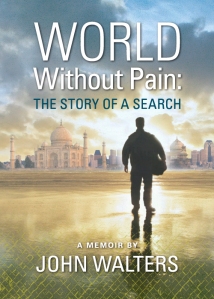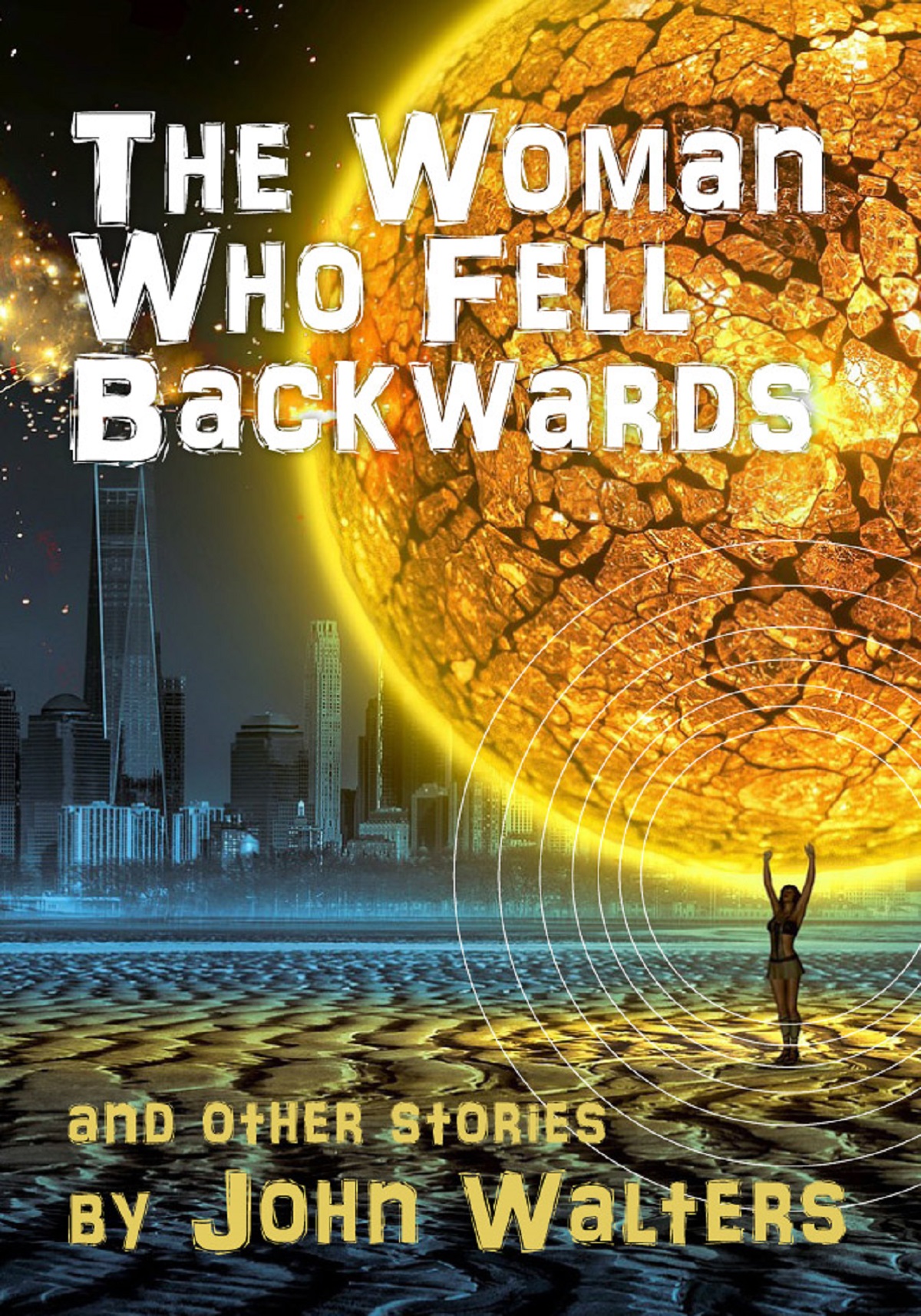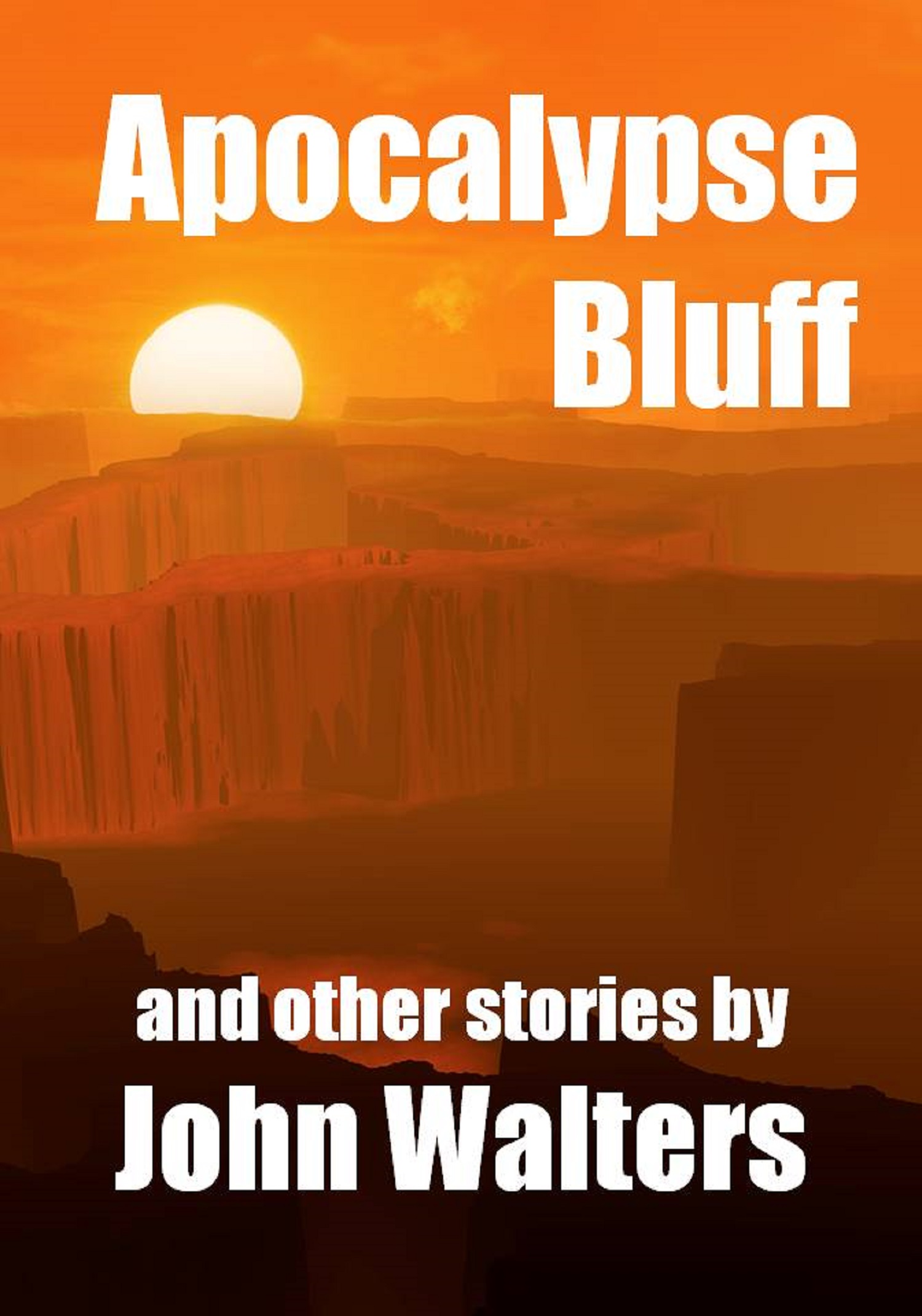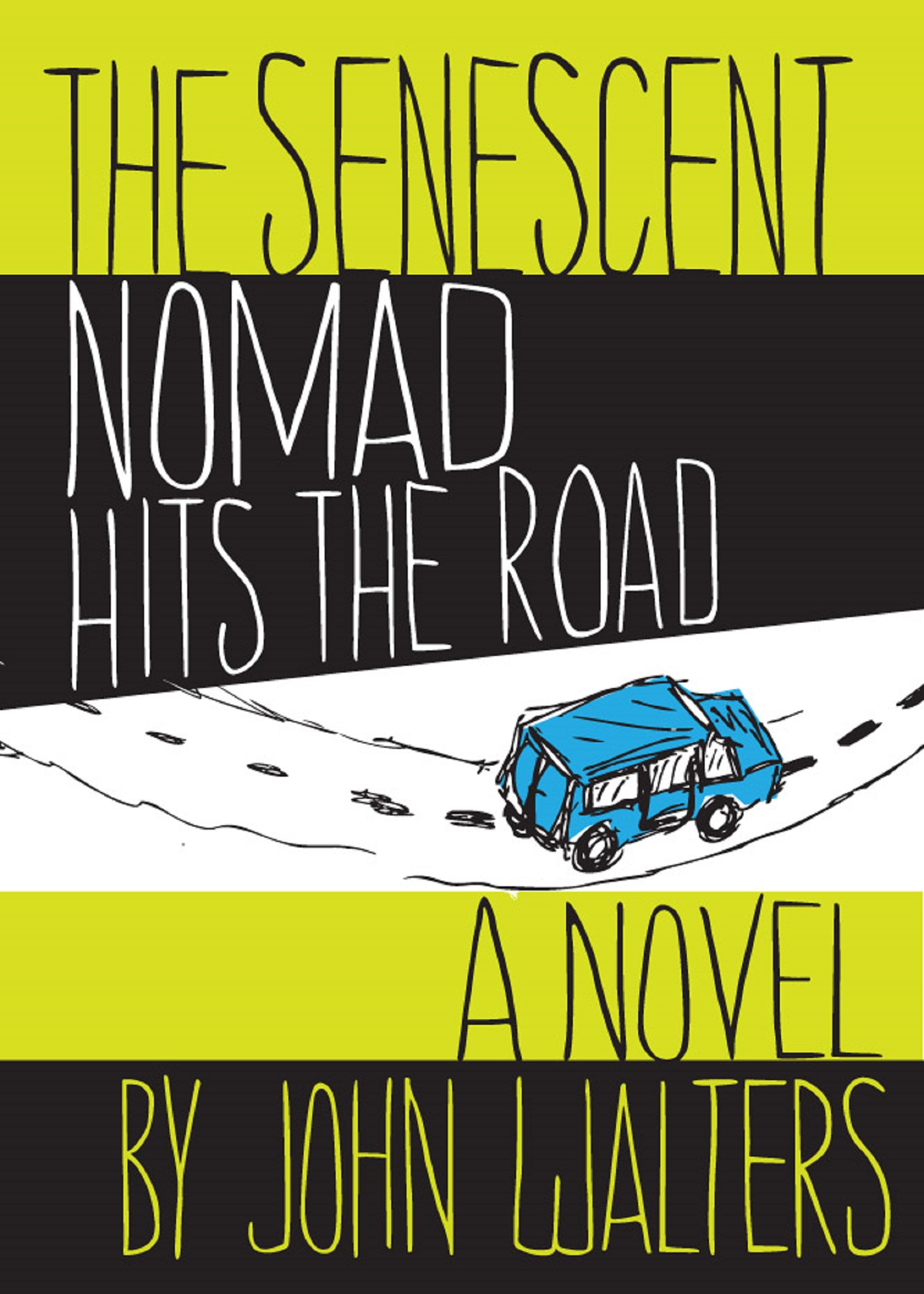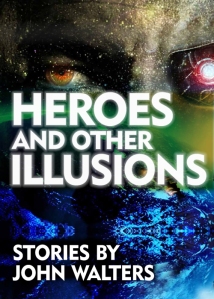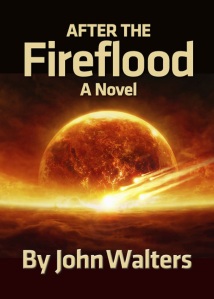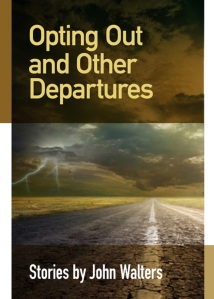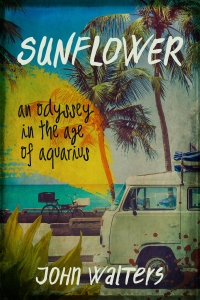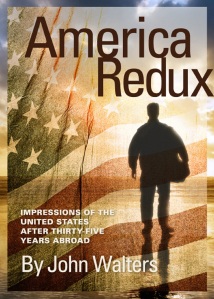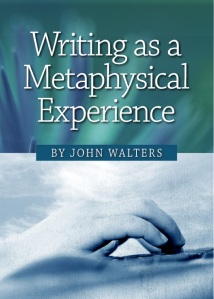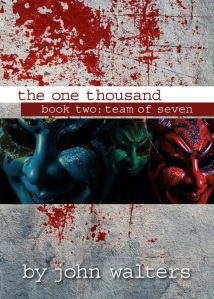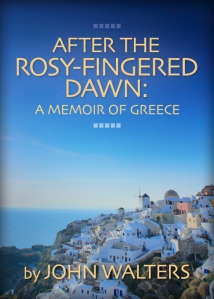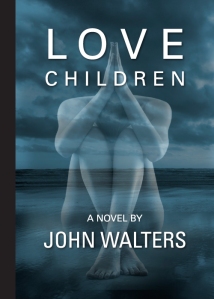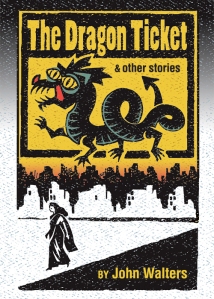When I first began this website/blog I wrote a few essays on my favorite films, but early on I decided to steer clear of film reviews and focus on book reviews, memoirs, and thoughts on writing. In writing about “All Is Lost” my intention is not to focus on the movie itself – which is amazing, by the way – but on how it made me reflect on my journey as a writer.
Coincidentally, Joe Konrath, who is a continuing proponent of luck as a significant factor in a writing career, just wrote a new blog post in which he sarcastically supposes what the alternative would be – that is, if luck played no role at all in writing success. He proclaims that the only conclusion to come to for unsuccessful writers is that their writing sucks – an errant theory which history and current publishing trends do not support. Many bestselling works are terrible, drawing readers not because of their quality but because of the celebrity status of the authors or the sensationalist appeal of the subject matter. And many writers producing a significant volume of excellent work wait years before they find their readership. Some novels now acclaimed as classics were failures during the lifetimes of the authors. Sometimes people get lost at sea through no fault of their own.
“All Is Lost” has Robert Redford as an unnamed old man alone in a sailboat somewhere in the Indian Ocean. His boat strikes a floating shipping container and springs a leak. He attempts to repair it, but it breaks open again and takes on water when he is caught in a storm. The sailboat eventually sinks and he is forced into a small life raft. One strong impression in the film is his sense of isolation. That’s how I felt when I got back into writing after a gap of almost two decades. I had no one around who understood how I felt and no one I could go to for advice. There were countless obstacles I had to overcome due to my location in Greece. At first, I sent copies of my stories to my father in the States along with a list of magazines to submit them to. When I heard about postal international reply coupons, I sent my stories to magazines and anthologies myself, but it was always a struggle to find coupons in Thessaloniki. Some post offices didn’t even know what they were. Only a few spots in the city had them. Eventually they ran out, didn’t resupply, and I had to go downtown to the central office. You can imagine my joy when editors began to accept electronic submissions.
There is almost no dialog in the film. The character’s reactions to his predicament are all in expressions. He never gives up and accepts his fate. He keeps trying one thing after the other, using whatever is at hand to keep himself alive long enough to be rescued. Besides repairing the gaping hole in the side of the boat, he pumps out the water the boat has taken on, hoists himself to the top of the mast to fix some wiring, rigs up a contraption to distill fresh water out of seawater, and uses a manual to learn how to plot his location with a sextant. When he was trying all these various things I kept thinking of all the different things I have attempted to gain recognition, from writing in a wide range of genres at all different lengths, selling stories to magazines and anthologies, learning how to format and create covers for self-publishing, trying to publicize my work.
He finally drifts into the shipping lanes. Huge cargo ships stacked with containers pass him but they don’t notice his flares. That reminded me of so many instances of sending what I feel is some of my best work to editors only to be ignored.
In the end, the old man sees a light far off in the blackness of the ocean, but he has no remaining flares. Desperately he lights a fire in a plastic container to try to attract the attention of whoever is out there. It’s a last ditch effort, as he realizes that he is dying of thirst and starvation. The fire spreads to the raft and engulfs it in flames; the old man is forced to leap overboard. He finally despairs and drifts downward into the dark ocean, but at the last moment before he gulps in water, he looks up and glimpses the light he had seen approaching the burning raft. With his last bit of strength he swims for the surface and clasps a hand that reaches out to him from the boat with the light.
I’ve written before how being a parent, a single parent at this point in my life, has stabilized me. I think that if I were not responsible for others, I might be off somewhere, possibly homeless like my protagonist in my short story “Opting In,” or living in a van like my protagonist in “Opting Out” – two short stories that are related in theme but approach the situation in radically different ways. As I watched the movie, I realized that if I were on my own I might set fire to my life raft, so to speak, by dropping everything else and writing until I made it or starved, in a last ditch effort to obtain recognition. Not as a death wish, you understand, but as a sincere all-in attempt to succeed.
Writing good work is one thing, but a writer writes to be read by readers. Sometimes I feel that despite my best efforts I am adrift in a dark ocean without a flare, with no way to signal to readers to give my works a try. I have been trying for many years to stay afloat – and will continue to do so, of course; but it gets frustrating to say the least to shoot off flare after flare and have the ships sail on by without a glance. It’s like one of the few bits of dialog in the film. The old man opens his container of drinking water, takes a sip, and is forced to spit it out. The entire jug has been contaminated with seawater. All he can do is lean back in the raft and scream an expletive.
Somehow I thought becoming a writer would be easier. I didn’t realize it would be such a struggle. I thought that my talent gave me some sort of entitlement to recognition. It didn’t turn out that way, at least not with me. I’ve had to fight for every victory, and they’ve been few and far between. At least I’m still alive, and still trying. It often feels like I’m climbing straight up a cliff face when I’d prefer to be hiking up a gentle slope; I don’t have control over those circumstances. Whatever the terrain, I must persevere. It’s an ongoing process. There’s no quick fix. As the quote says that I’ve shared before: Never despair, but if you do, fight on in spite of despair.


